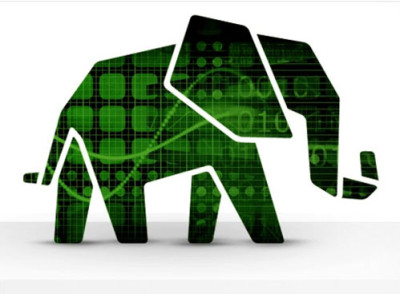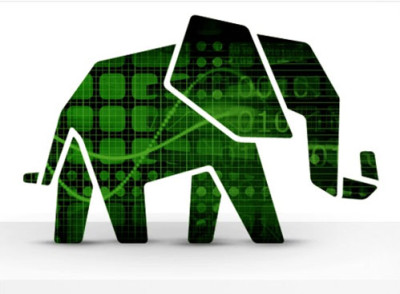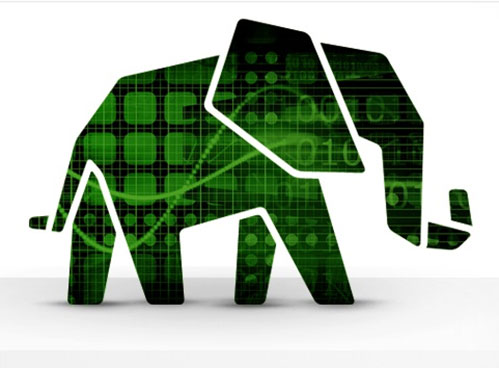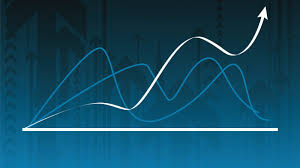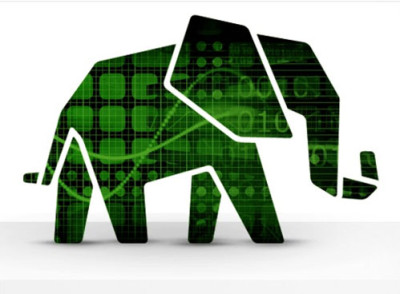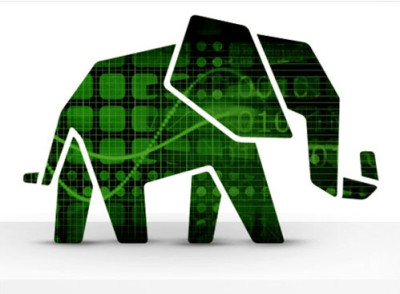With the evolution of technology, data is present everywhere. Thanks to the internet, which has enabled inter-connectivity of millions of devices across the globe. There has been an unprecedented growth of data usage in the recent years which is likely to expand exponentially even further. Big Data is one such term which has taken the world by storm. Its growth has been incredible. This has aroused curiosity in the minds of many.
Big Data has superimposed traditional data processing applications with newer and refined datasets. Two of Big Data’s most trending technologies which are creating a furore among end users in the analytics world — Apache Spark and Hadoop. These two crucial frameworks which form a significant part of the Big Data family. Some people view these two technologies as major competitors in the Big Data space. Although it ain’t that easy to compare both since they are similar to each other in many aspects. Yet there are some areas in which Hadoop and Apache Spark don’t overlap. In this blog, we shall discover which framework has an edge over the other.
Apache Spark
Apache Spark is a Big Data framework which operates on distributed data collections. It furnishes in-memory computations for improved and quicker data processing over MapReduce. It is a cluster-computing framework which is designed for faster data computations. It includes a huge variety of workloads which may be used for iterative, interactive and batch data computing. Apache Spark uses a hybrid processing framework by combining the various workloads for data processing and interactive queries together.
Hadoop
Hadoop is an open-source Big Data framework with a distributed data infrastructure. The distributed data is stored across multiple nodes within a cluster of commodity servers. It is an inexpensive software which is a fundamental need to most Big Data projects as it allows to store vast datasets across various cluster platforms. Initially, it was used for searching web pages and data collection purposes, but gradually it got recognized as a means to store distributed datasets across multiple servers. Over time, Hadoop has become a de facto model in the Big Data space.
Now the question is— Apache Spark or Hadoop : What’s the difference? Who wins?
Data processing and storage
Apache Spark is a hybrid data processing tool which upscales batch processing through in-memory computation and data process optimization. It can process huge workloads by utilizing both streaming and batch methods which is popularly denoted as Lambda Architecture. It offers programmers with a programming interface for storing data items in Resilient Distributed Dataset (RDD). On the contrary, Hadoop creates new algorithms to expedite access for enormous batch data processing. Hadoop MapReduce, an indigenous batch processing appliance can store large datasets in its own persistent disk.
Easy of operation
Spark is comparatively easier to operate than Hadoop. It uses various foolproof APIs like Python, Java, Scala etc. for simplifying data processing and streaming. Use of such interactive methods like REPL (Read-Eval-Print Loop) allows end users of Spark to obtain immediate feedback from programming commands. Whereas, Hadoop is pretty difficult to program as it uses Java for data absorption. Hadoop doesn’t have any interactive mode like Apache Spark. Although there are other frameworks like Hive and Pig which makes it convenient for the users to operate programs.
Real-time functionality
Apache Spark allows data processing on a real-time basis. For this reason, social media network like Facebook and Twitter rely on Spark’s ability to process live data streaming effectively. On the other hand, Hadoop MapReduce fails miserably in the real-time function. Reason being, we have always known Hadoop as a batch data processing tool which primarily focuses on storing voluminous data on-disk.
Cost Factor
From the cost perspective, Spark is a pricey deal as it consumes a majority of RAM space for in-memory data computation. Buying a RAM may prove pretty extravagant for an end user. Whereas Hadoop is disk-bound and distributes datasets over multiple systems and does not use RAM for storing datasets. It saves the cost of investing more money in buying expensive RAM and is far more reasonable and cost-effective than Spark.
Takeaway
Both Apache Spark and Hadoop are open-source projects of the Big Data ecosystem. To conclude, Spark has an upper hand over Hadoop in terms of certain interactive, batch, or streaming requirements. However, choosing between the two frameworks completely depends upon the needs and obligations of a business organization as both are compatible with each other.



